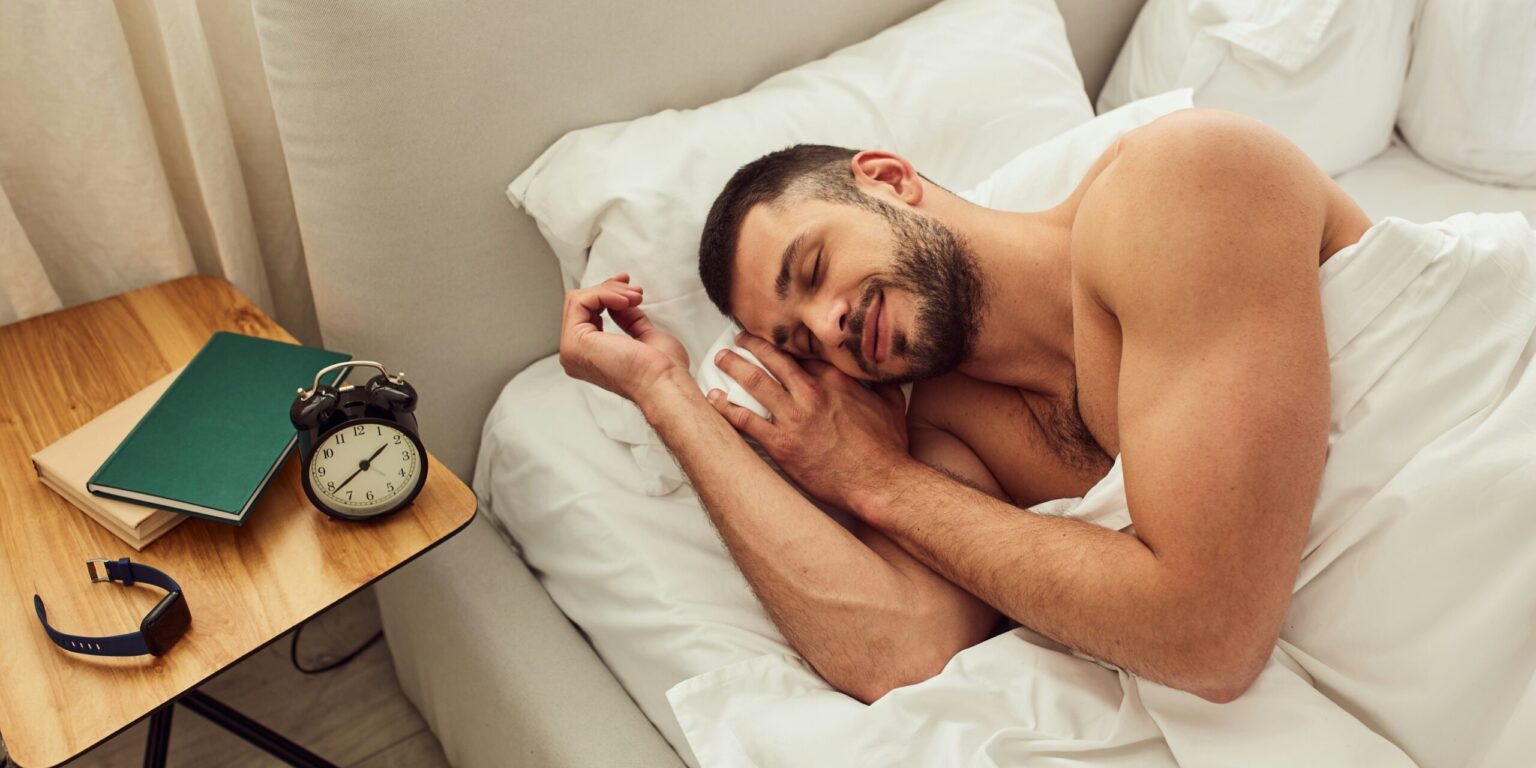BOSTON, MA — Individuals who consistently go to bed earlier may be more physically active during the day, according to new research that sheds light on the powerful role sleep timing plays in promoting an active lifestyle. The study, published this week and highlighted by U.S. News Health, provides fresh evidence that sleep routines can significantly influence daily behavior, including the amount of physical exercise people get.
Researchers examined the sleep and activity patterns of over 1,000 adults across the United States, collecting data from wearable fitness trackers and self-reported sleep logs. The analysis revealed that those who consistently went to bed before 10:30 p.m. were more likely to meet or exceed daily physical activity recommendations compared to individuals with later bedtimes, particularly those who slept after midnight.
The findings suggest that early sleepers were more likely to participate in moderate to vigorous physical activity, including walking, running, cycling, and gym workouts. On average, early sleepers logged about 30% more daily steps and were significantly more likely to achieve the Centers for Disease Control and Prevention’s (CDC) recommended 150 minutes of moderate-intensity exercise per week.
Lead researcher Dr. Lauren Hale, a professor of Family, Population and Preventive Medicine at Stony Brook University, explained that the study supports growing evidence linking sleep behavior with health outcomes. “Our data indicate that it’s not just how much sleep you get, but when you sleep that matters for your physical health,” Hale said. “Sleep timing appears to be a critical piece of the wellness puzzle.”
The connection between early bedtimes and higher activity levels may stem from multiple factors. Early risers often have more structured daily routines, which could create more time or motivation for exercise. Conversely, late sleepers may be more prone to fatigue during the day or may struggle to find time for physical activity due to misaligned sleep-wake cycles.
Another possible explanation centers on circadian rhythm alignment. People whose sleep patterns are more in sync with natural daylight cycles — often referred to as having a “morning chronotype” — may experience better energy levels and cognitive performance throughout the day, making them more inclined to move their bodies.
The study also found that early sleepers tended to consume healthier diets, had lower rates of sedentary behavior, and reported better mood scores than their late-night counterparts. This suggests that early bedtimes may not only support increased physical activity but could also contribute to overall improved mental and physical well-being.
Public health experts say the study adds to the growing body of research encouraging people to adopt consistent and earlier sleep schedules. Dr. Raj Dasgupta, a sleep medicine specialist and associate professor at the University of Southern California, emphasized that small lifestyle changes — such as limiting screen time before bed or setting a consistent bedtime — can have a lasting impact. “Better sleep hygiene can set off a chain reaction that positively affects exercise habits, energy levels, and general health,” he said.
The findings are particularly relevant at a time when many Americans report chronic sleep deprivation and struggle to meet physical activity guidelines. According to the CDC, more than one in three adults in the U.S. do not get the recommended seven hours of sleep per night, and nearly 25% of adults are considered physically inactive.
The study’s authors acknowledged limitations, including reliance on self-reported sleep data for some participants, but emphasized that the trends observed remained consistent across various demographics and regions.
With growing recognition of the interplay between sleep and health behaviors, experts are calling on policymakers and healthcare providers to consider sleep education as a key component of preventive care strategies. Encouraging earlier bedtimes could serve as a low-cost intervention to help combat the nation’s ongoing physical inactivity epidemic.
As more Americans seek to improve their health through manageable lifestyle adjustments, the simple act of going to bed earlier may be a powerful — and often overlooked — tool for building a more active and energetic life.
